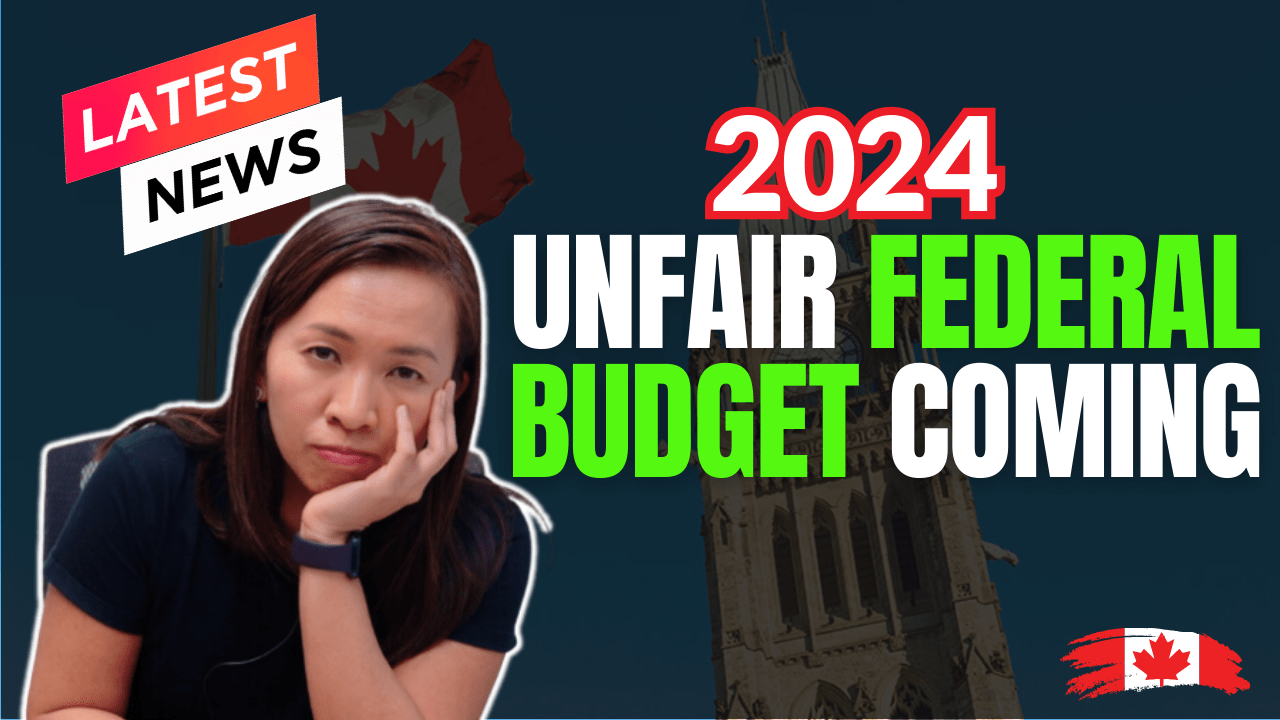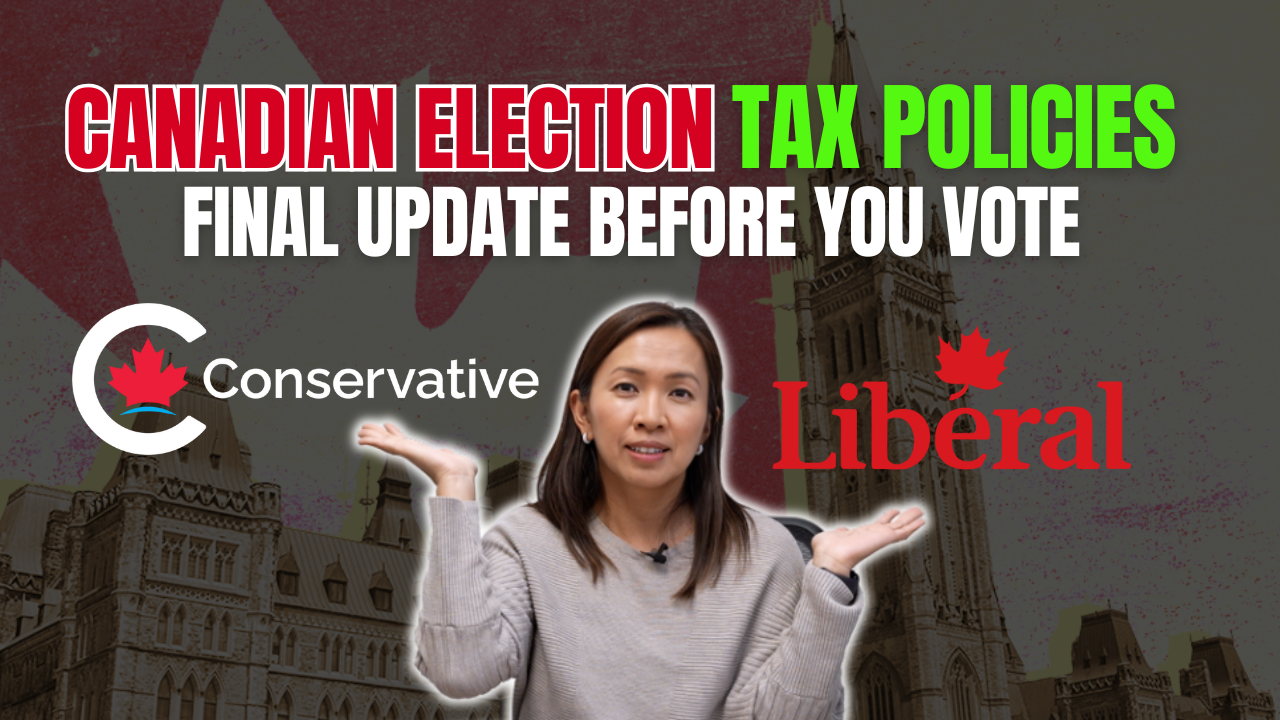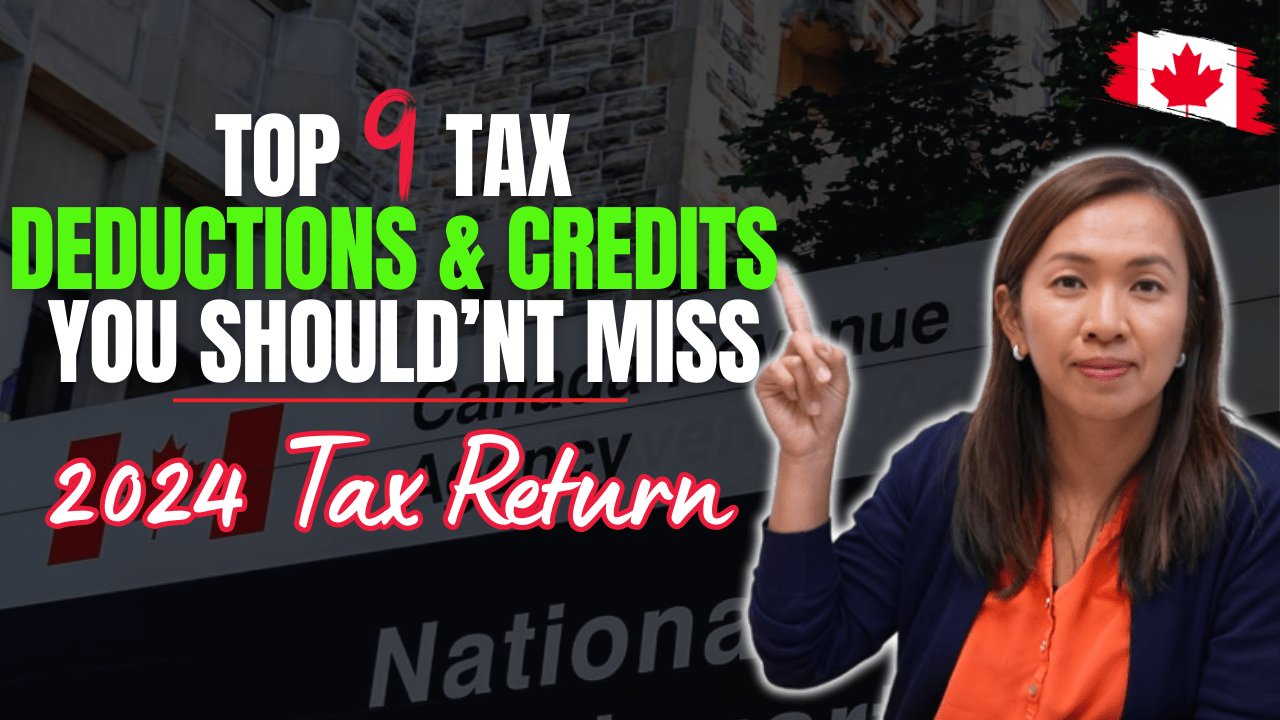We’ve all heard about the news by now, but below are the summary of how the 2024 Federal Budget affects real estate investors in Canada.
Proposed Changes to Capital Gains Inclusion Rates
The proposed adjustments to capital gains inclusion rates outlined in the Federal Budget 2024 have sparked discussions and concerns among investors. These changes, affecting various asset sales from real estate to stocks, have significant implications for taxpayers across different investment profiles. Notably, the proposed effective date for these changes is June 25. It’s essential to note that while the budget outlines these alterations, there is currently no accompanying legislation, leaving investors uncertain about the precise implementation and interpretation of the proposed changes. In this section, we’ll delve into the specifics of the proposed alterations, exploring their potential consequences for real estate investors.
Overview of Current Inclusion Rate:
Currently, the capital gains inclusion rate stands at 50%, whereby half of the capital gains realized from asset sales are included in the taxpayer’s income. This applies broadly, encompassing real estate property sales, shares in public and private companies, as well as other asset transactions.
Proposed Changes for Individual Taxpayers:
Under the proposed adjustments, individual taxpayers will continue to benefit from the existing 50% inclusion rate for the initial $250,000 of capital gains. However, any capital gains beyond this threshold will be subject to a higher inclusion rate of 2/3. Let’s examine the impact of these changes through an illustrative example.
Illustrative Example – Individual Taxpayers:
Suppose an individual investor sells a property with $350,000 in capital gains. Before the proposed changes take effect, the investor would report $175,000 as taxable income, calculated at the current 50% inclusion rate.
However, under the new rules, the calculation shifts. The first $250,000 of capital gains remains subject to the 50% inclusion rate, resulting in $125,000 included in taxable income. The remaining $100,000 of gains is subject to the higher 2/3 inclusion rate, equating to $66,667 included as income. In total, the investor would report $191,667 as taxable income under the new rules.
Proposed Changes for Corporations and Trusts: In addition to changes for individual taxpayers, the proposed amendments include a uniform 2/3 inclusion rate on all capital gains for corporations and trusts. Gone is the previous $250,000 deminimus threshold. Returning to our example of the $350,000 capital gain, this means that the entire amount earned in the corporation is now subject to the 2/3 inclusion rate.
Under the new rules, 2/3 of the $350,000 capital gain, or $233,333, is included as taxable income. With a 50% tax rate, this results in a tax liability of $116,667.
As we navigate the potential impact of the proposed changes to capital gains inclusion rates outlined in the Federal Budget 2024, uncertainty looms over the investment landscape. With an effective date of June 25 and no accompanying legislation, investors face a dilemma: should they realize capital gains before the anticipated changes take effect? While this proactive approach may seem appealing, it’s crucial to recognize the risks involved. The proposed amendments may not be passed into law promptly or as expected, leading to potential complications. Moreover, premature attempts to crystallize gains could inadvertently trigger the general anti-avoidance rule (GAAR) or result in non-compliance with future legislation. As we await further clarity on the proposed changes, it’s imperative for investors to stay informed, seek professional guidance, and carefully evaluate the potential implications for their investment strategies.
Expansion on the Lifetime capital gain exemption for Entrepreneurs
To offset the impact of the increased capital gain inclusion rate mentioned earlier, the government has introduced the Canadian Entrepreneurs’ Incentive, expanding the Lifetime Capital Gain Exemption for a select group of entrepreneurs.
If you own a corporation generating active business income (excluding most long-term rental corporations unless you have more than five full-time employees) and are selling shares of the corporation, you may be eligible. Historically, entrepreneurs could claim the Lifetime Capital Gain Exemption on the sale of shares, roughly equivalent to $1 million in 2024. Any capital gain exceeding this amount triggers a taxable event, with 50% of the profit subject to taxation at the taxpayer’s regular rate.
With the proposed inclusion rate change, small business owners selling their businesses will also see their capital gain inclusion rate increase to 2/3.
The government’s proposal includes two key changes:
- Increasing the Lifetime Capital Gain Exemption to $1.25 million for all qualified small business owners selling qualified shares.
- Introducing the Canadian Entrepreneurs’ Incentive, allowing the Lifetime Capital Gain Exemption to increase, but exclusively for a limited group of entrepreneurs who meet specific criteria:
- Founding investor holding shares for at least five years before disposition.
- Ownership of more than 10% of shares with corresponding voting rights.
- Active engagement in the business on a regular basis.
- Exclusion of certain business types, including professional corporations and those in financial, insurance, real estate, food and accommodation, arts, recreation, or entertainment sectors, among others.
- Shares must have been obtained for fair market value consideration.
- Effective January 1, 2025, and onwards.
Once again, the government’s focus appears to target professionals (doctors, dentists, accountants, lawyers, consultants, insurance, etc.) and investors. ☹
Home Buyers Plan (HBP)
Canadians have long been able to leverage their RRSPs to finance their first home purchases. Traditionally, the allowable withdrawal from an RRSP for this purpose has been $35,000, with no tax implications. Additionally, individuals were required to commence repayment of this $35,000 within three years of withdrawal.
The Federal budget proposes a temporary increase in the allowable withdrawal amount to $60,000 and extends the repayment grace period from three years to five years. These changes apply to withdrawals made between January 1, 2022, and December 31, 2025, providing Canadians with enhanced flexibility in accessing funds for homeownership.
Accelerated capital cost allowance on purpose-built rental housing
The budget proposes an accelerated capital cost allowance rate of 10% for newly eligible purpose-built rental projects commencing construction after April 15, 2024, and before January 1, 2031, with availability for use before January 1, 2036. This stands in contrast to the current rate of 4% applicable to most existing rental buildings.
To qualify for this new incentive, the following criteria must be met:
- Construction must begin after April 15, 2024, and before January 1, 2031.
- The property must be available for use before January 1, 2036.
- It must be new purpose-built rental housing, constituting a residential complex with at least four private apartment units or ten private rooms or suites, with at least 90% of residential units held for long-term rental.
- The incentive applies to conversions from commercial/industrial property to residential property and new additions to existing structures but does not extend to renovations of existing residential complexes.
It’s important to note that while taxpayers are permitted to claim accelerated capital cost allowance on these qualified properties, capital cost allowance serves as a tax deferral mechanism rather than a tax deduction. Claiming capital cost allowance requires taxpayers to recapture all claimed amounts as recaptured income in the year of property sale.
Giving CRA more power
The budget proposes to give CRA more power:
- Allow CRA to issue a new type of notice, “notice of non-compliance” and to levy a monetary penalty
- Allow CRA to specify that all requirement documents be provided under oath or affirmation
- Impose penalty when CRA obtains a compliance order against a taxpayer, and
- Extending the stop the clock rules (which suspend the counting of days in the assessment limitation period)
Other measures
- Tax on vacant land – budget is proposing to tax people on holding vacant land in some shape or form. They haven’t come up with an idea yet, but they promise to look into it.
- Single family homes owned by large corporations – budget is also promising to prohibit large corporations own single family homes. Again, they haven’t come up with how to do it and promise to deliver an update in the fall 2024 economic update.
Until next time, happy Canadian Real Estate Investing.
Cherry Chan, CPA, CA
Your Real Estate Accountant





